What is the new political economy? A general definition is that it is the study of the interaction of politics and economics. Though such a vague definition may have the virtue of being all-inclusive, it gives no real sense of what is being studied. It is like describing the taste of French cooking by saying it results from the interaction of France and cooking. It is technically correct, but one misses the real flavor. Our first task, therefore, is to attempt to provide a definition that will indicate what makes a question one of political economy, and how political economy differs from ‘‘straight’’ economics or from other areas of economics concerned with policy choice. How, for example, is political economy different than the well-developed theories of public finance and public economics? How does it differ from the theory of public choice?
Some Preliminary Definitions
A famous definition of economics is that of Lionel Robbins 1932, p. 16 , Ž . ‘‘Economics is the science which studies human behavior as a relationship between ends and scarce means that have alternative uses.’’ If economics is the study of the optimal use of scarce resources, political economy begins with the political nature of decisionmaking and is concerned with how politics will affect economic choices in a society. Society should be defined broadly to include not only countries or other such jurisdictions, but also firms, social groups, or other organizations.
Obviously, we cannot go much further without being more precise about what we mean by the term ‘‘politics.’’ In the political science literature politics is defined as the study of power and authority, and the exercise of power and authority. Power, in turn, means the ability of an individual or Ž . 4 group to achieve outcomes which reflect his objectives. Similarly, authority ‘‘exists whenever one, several, or many people explicitly or tacitly permit someone else to make decisions for them in some category of acts’’ ŽLindblom, 1977 , pp. 17 18 . Thus, for example, Lindblom defines politics . as the struggle over authority. As he puts it p. 119 , ‘‘In an untidy process Ž . called politics, people who want authority struggle to get it while others try to control those who hold it.’’ For our purposes, the most important part of these definitions is what is implicit and taken for granted. Questions of power and authority are relevant only when there is heterogeneity of interests, that is, a conflict of interests between economic actors in a society. How then does a society make collective policy decisions that affect it as a whole when individual members have conflicting interests?
How do individuals, classes, or groups within a larger society gain power or authority to attempt to have the societal choice reflect their preferred course of action? Politics may be thought of generally as the study of mechanisms for making collective choices. Asking how power or authority are attained and exercised can be thought of as a specific form of the general question of what mechanisms are used to make collective decisions.5 With this as a basis, we can return to the question of what political economy studies. The view that economics is the study of the optimal use of scarce resources contains an implicit, but crucial, assumption when applied to policy choice, namely, that once the optimal policy is found, it will be implemented. The problem of policy choice is simply a technical or computational one.
Once the optimal policy has been calculated, the policymaker then implements it, where this decision is taken as automatic. That is, since the policymaker is a social welfare maximizer, it is taken as given that once an optimal policy is derived, this is the policy that will be carried out. This identity of optimal and actually chosen action implies that a positive economics of policy choice follows almost immediately from the normative economics of policy choice. Note that the process of deciding technically what policy to adopt, the decision central to this approach, is very different from the process of deciding on policy which the definition of politics would suggest.
Some Examples
This definition of positive political economy may be better understood by reference to some examples of the questions it addresses. Some phenomena are so clearly in the realm of political economy that little discussion is required as to what are the political influences on the economic outcomes. For example, it is often argued that there is an opportunistic political business cycle, with pre-election economic policies and outcomes influenced by the desire of the incumbent to manipulate the economy in order to improve his re-election prospects. Or, even if incumbents do not, or simply cannot, manipulate the economy before an election, the fact of possible changes in the government after an election may have significant effects on policies and outcomes. If policies were made by an infinitely lived social welfare-maximizing planner who was sure to retain his job it Ž is, after all, hard to find replacements these days , there would be no effect . on policies from the possibility that the policymaker will be replaced.
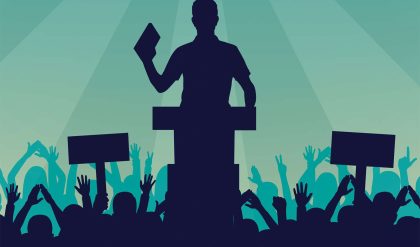
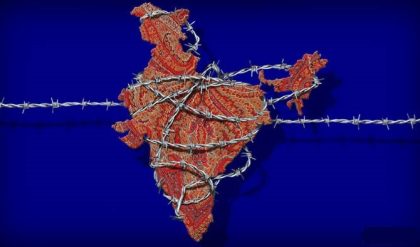
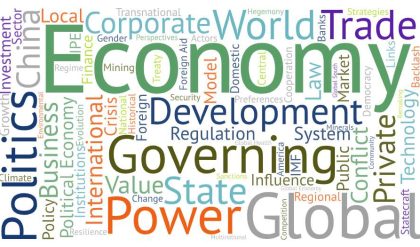
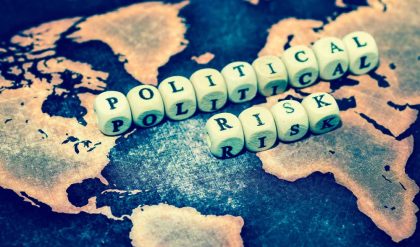
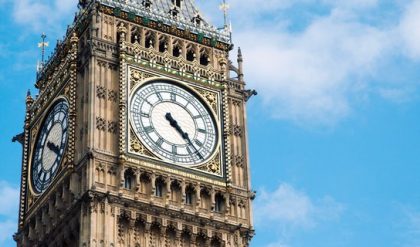
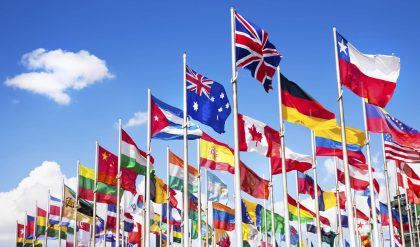
Comments are closed.